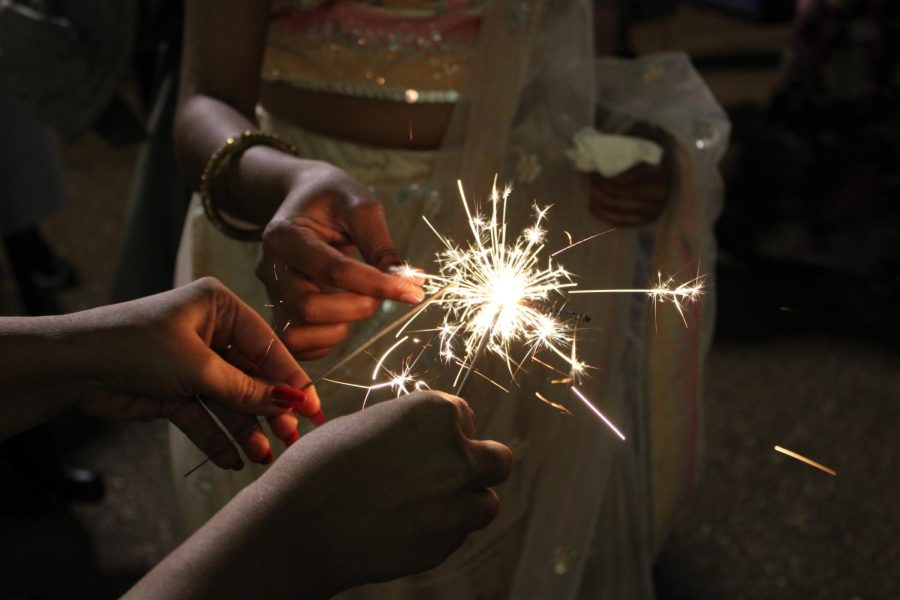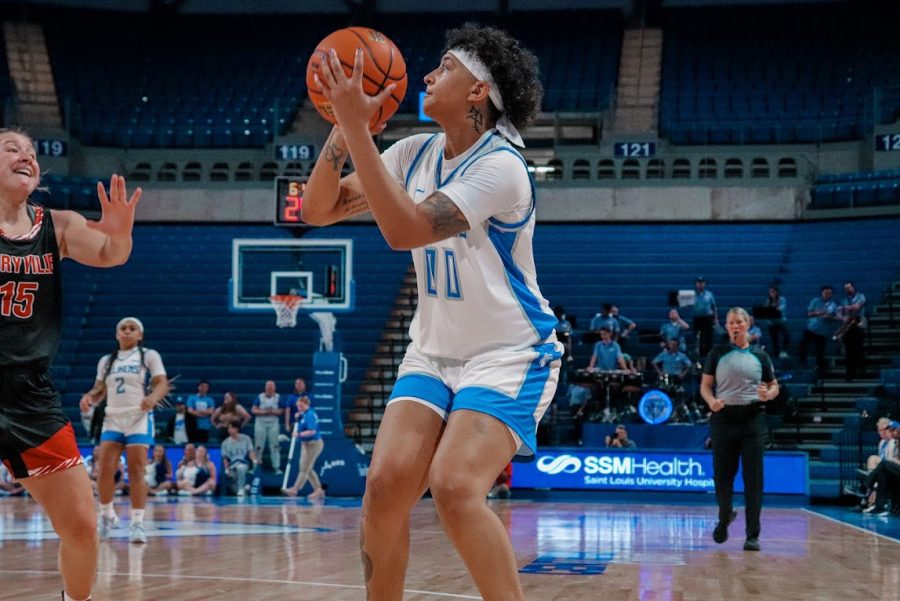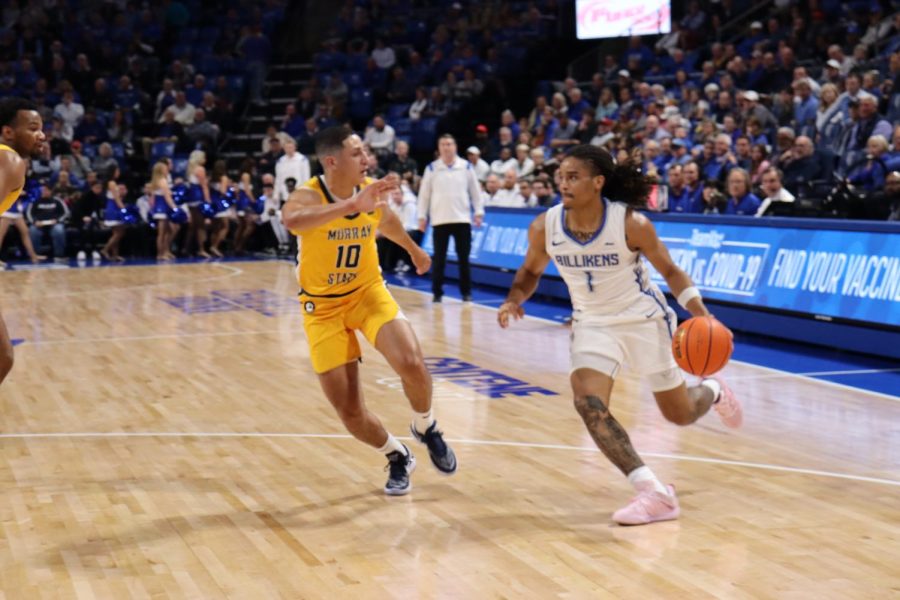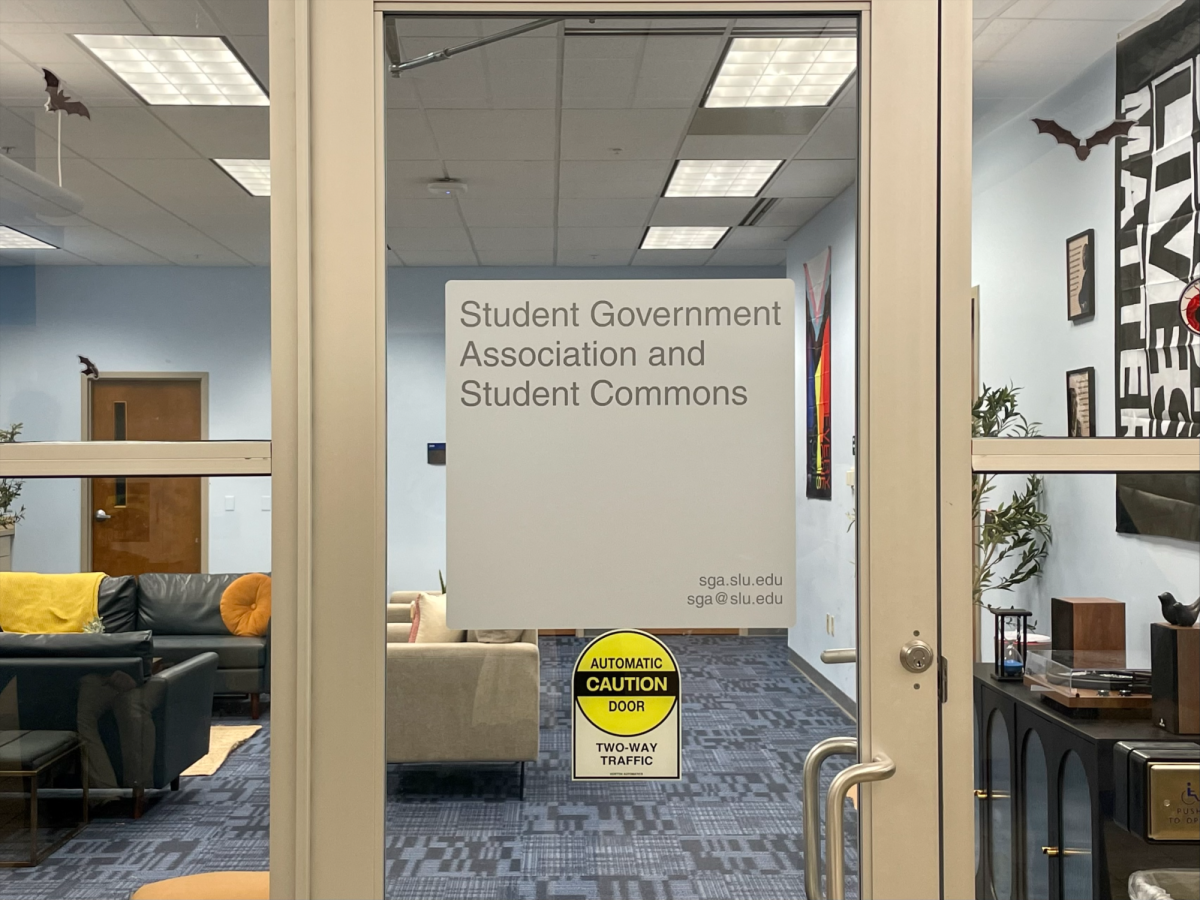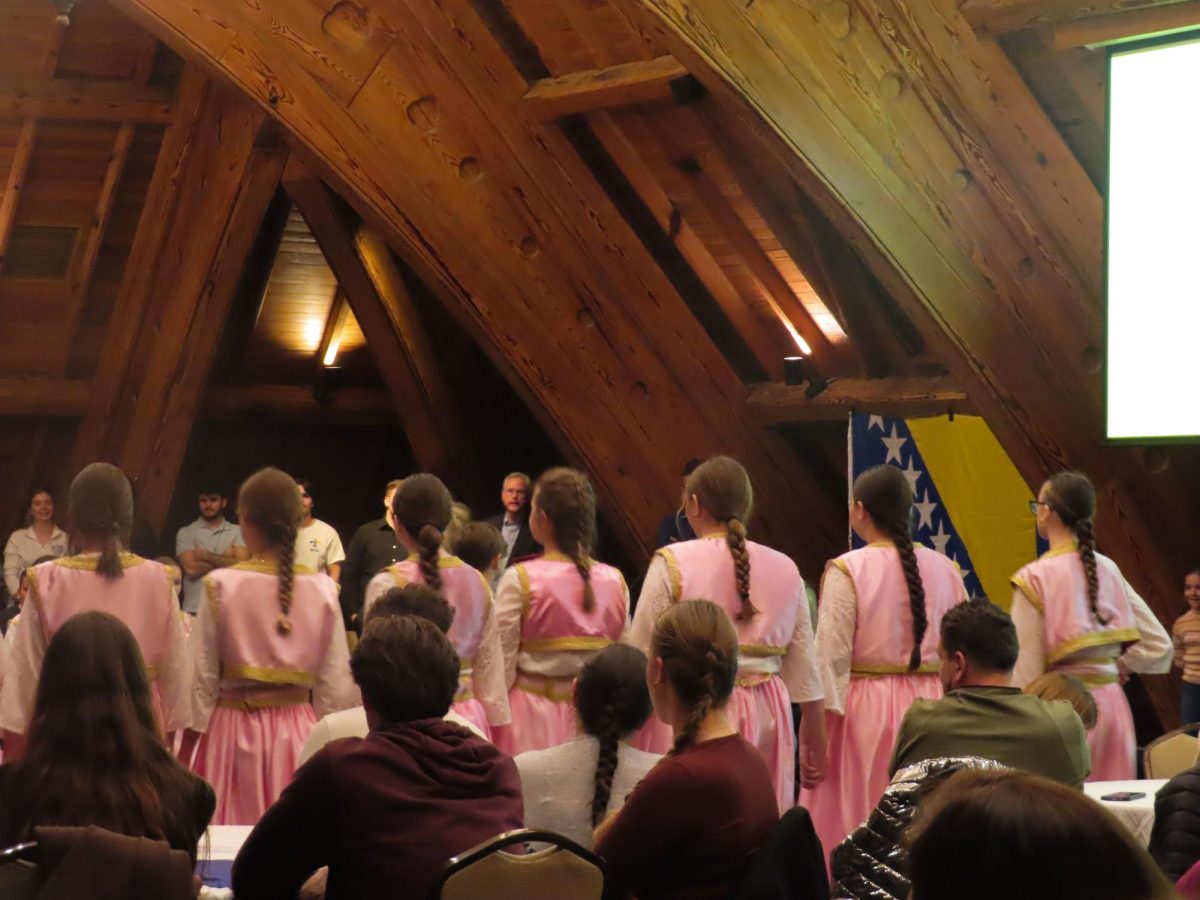Collegeproweler.com is a college review website that assigns letter grades to specific aspects of universities they believe prospective students will find important. Saint Louis University’s profile on the website is by and large impressive, save for one area. SLU received a C- in Diversity from College Prowler, the lowest grade listed on the University’s “report card.”
“St. Louis University is not very diverse, but it’s trying as hard as a Catholic, Jesuit school can,” said one student review on the website, “The minority clubs are strong, insofar as their presence is felt on campus; unfortunately, they don’t have the numbers that their public faces might imply.”
College Prowler assigns a diversity grade to an institution largely based on the ethnicity statistics of their student population. According to Omid Gohari, the Chief Operations Officer at College Prowler Inc., the website uses government data to take into account the percentage of each minority group that is represented.
“We factor in student answers from a survey, which [can be] seen on the Diversity page,” Gohari said. “We also factor in the percentage of students that are out-of-state and the percentage that are international.”
The survey on the website addresses the student body’s perception of how well their college exhibits diversity in areas such as economic status, ethnicity, international origin, political affiliation and sexual orientation.
Oscar Vazquez, the Vice President of Diversity and Social Justice for Student Government Association, stated that while he thinks this grade reflects poorly on the University, it does not fully encompass how committed SLU is to diversity.
“The website is based on statistics,” said Vazquez, “The University is making an effort to attract and enroll a more diverse student population. I think the grade we got does not reflect all the resources we provide.”
Vazquez believes that our grade is the result of diversity conflicts the University faced last year. Several student-authored comments expressed dissatisfaction with the events.
“SLU promotes diversity and acceptance as apart of its mission and goals, but is lacking it actual diversity,” the comment reads. “In the past year, many students from diverse backgrounds, mainly of differences in racial, political and sexual orientation differences have been discriminated and emotionally hurt. SLU has taken strides to address the problem, but much improvement needs to occur.”
After several bias-related incidents, large numbers of students responded to what they saw as a lack of administrative response with protests and email campaigns. While the outrage has since quieted, the lasting impact is reflected in the University’s C- minus grade in diversity.
“Students are still reflecting on the past, and that influences the grade,” Vazquez said. “They have a hard time looking to the future.”
Sophomore Chelsea Jaeger admits that she’s disappointed that SLU scored so low, but she hopes the school will strive to improve it’s standing.
“I think it’s probably a pretty accurate representation of diversity at SLU,” Jaegar said. “But I think the student body should embrace any strides made to improve it.”
Vazquez would also like to see the grade improve, and he encourages students to voice their concerns more frequently to help the University improve faster.
“Some of the best ideas I’ve heard and have acted on have come from students,” said Vazquez, “If students would vocalize [their ideas] more, we could move forward a lot faster. It’s not going to happen; Some students might have a hard time understanding what it means to be “interculturally competent.”




